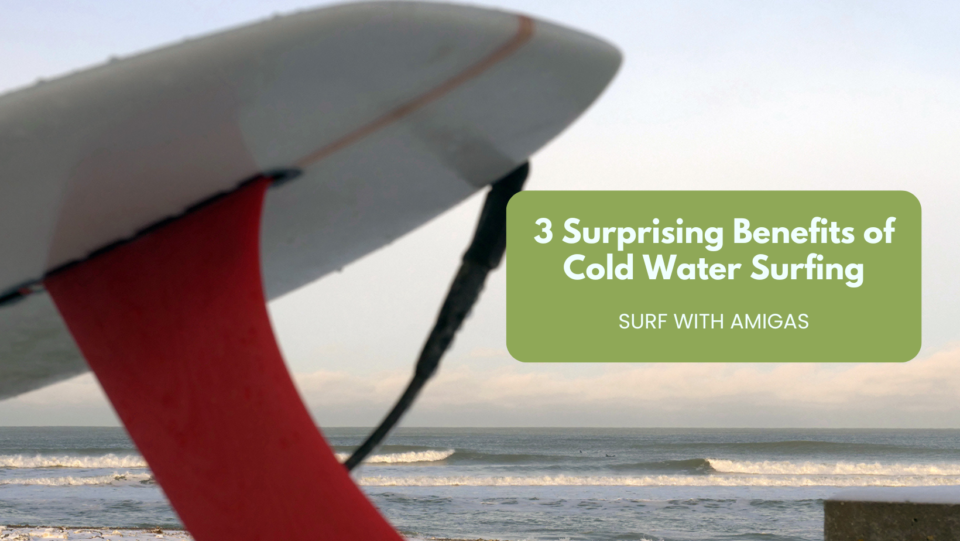Surfing in frigid conditions and wrapping your body in layers of thick neoprene might sound daunting, but it comes with its own set of unique rewards and challenges. Plenty of surfers brave the waves in colder climes (even in the Antarctic!) and have been reaping the benefits. These three surprising facts about surfing in cold water just might change the way you view your next chilly surf adventure.
1. Cold Water Can Improve Your Surfing Skills
Believe it or not, surfing in cold water can actually make you a better surfer. The challenges presented by colder climates—such as stronger winds, more powerful waves, and heavier wetsuits—force you to refine your technique and become more attuned to the ocean’s nuances. When you can hone your surfing skills in challenging, cold conditions, chances are you’ll be feeling weightless and powerful once you ditch the neoprene and return to warmer waters.


2. Cold Water Surfing Can Boost Your Immune System
It may sound counterintuitive, but regular exposure to cold water can actually strengthen your immune system. Cold water immersion has been shown to increase the production of white blood cells and improve circulation, helping your body become more resilient to infections. Additionally, the mental and physical challenges of cold water surfing can build mental toughness and reduce stress, both of which contribute to a stronger immune system. The invigorating shock of cold water also releases endorphins, giving you a natural high that can lift your spirits and keep you coming back for more.


3. Cold Water Surfing Enhances Mental Health and Mindfulness
Beyond the physical benefits, cold water surfing offers profound advantages for mental health and mindfulness. Not only are you challenging your body to be fully present in cold waves, but you are effectively pushing out any lingering stress or anxiety. Cold water exposure has even been linked to the reduction of symptoms related to depression and anxiety, as it stimulates the release of endorphins and reduces levels of cortisol, the stress hormone. The result is a greater sense of well-being, mental resilience, and a more mindful approach to both surfing and everyday life.


